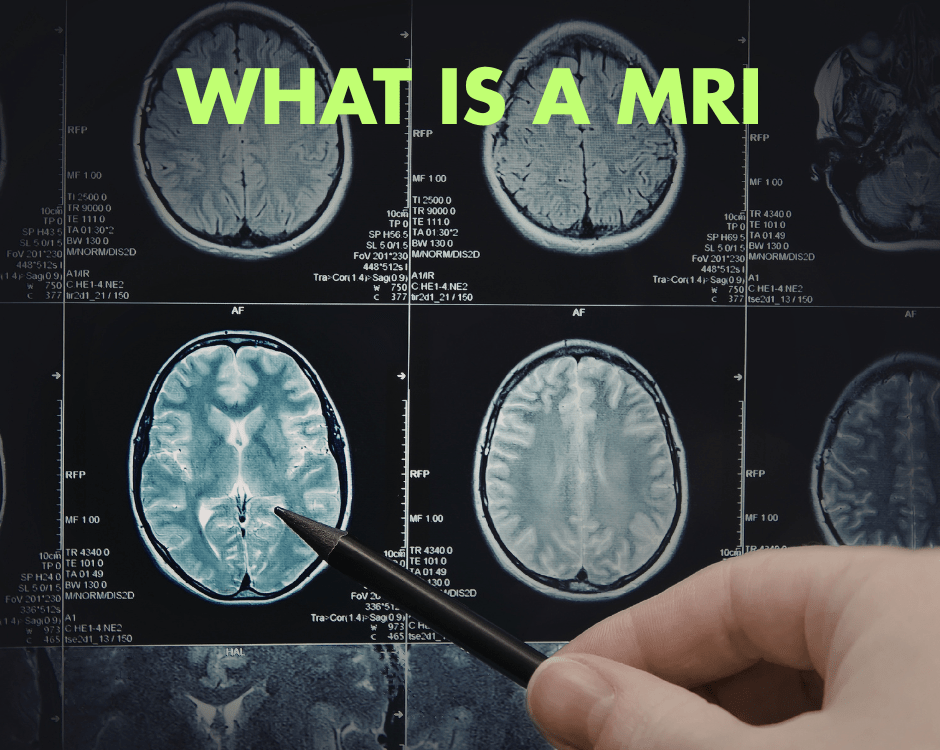Deja Vu and You

Dehydrated Vs Fresh Fruits
May 27, 2025
The Better Greens
May 27, 2025- Accident doctor
- accupuncture
- airplane headache
- alzheimer's
- best habits
- Brain Injuries
- car accident
- car accidents
- cervical strain
- colds
- concussion
- Concussions
- disc bulge
- dosage meds
- dry needling
- dull pain
- E bike injuries
- florida
- good posture
- headaches
- Headrest positions
- Headrest positions after an accident
- Healthy choices
- Healthy flying
- healthy gift guide
- Healthy SPring Ideas
- hip pain
- hyperextension
- injury doctor
- insurance
- Kayaking
- kentucky
- kids motion sickness
- lifestyle
- motion sickness
- neck injury
- no fault insurance doctor
- noise healing
- osteoporosis
- pain symptoms
- pink noise
- posterior chain
- posture
- prevent osteoporosis
- Rest
- Scoliosis
- shoulder pain
- Stress with kids after a motor vehicle accident
- TBI
- tips
- tmj
- torn muscle
- Traumatic Brain Injury
- trigger points
- VitaminD
- What are Post Traumatic headaches?
Déjà Vu And You
Have you ever felt like you have lived a moment before, even though it is brand new? That is déjà vu, a French term meaning “already seen.” It can strike anytime, typically a new place or conversation suddenly feels familiar, sparking curiosity about what is happening in your brain. I have had it a few times, maybe once in the last five years, and it has popped up throughout my life. What causes this weird phenomenon, and when might it signal a need to see a doctor?
Dr. Aaron Workman, a talented chiropractor at one of the highest rated car accident medical care programs in Kentucky, explores the simple science behind déjà vu and when it could be concerning.
Brain Mechanics
Déjà vu arises from glitches in the brain’s memory systems. There is an area within the brain called the temporal lobe, located beside the temple and ears, which processes memory. Within the temporal lobe is something called the hippocampus which aids the temporal lobe in learning and memory. This area can misfire, making new events feel familiar. It is thought that when these areas are unnecessarily activated, the brain will check through all your memories trying to find this familiarity. When it cannot find a match, you get that weird feeling you have been there, but you also cannot recall the memory. The hippocampus can end up tagging new inputs as old. Stress or fatigue often triggers these misfires, especially in younger people whose brains are still growing.
Who Experiences It
The majority of people encounter déjà vu at some point in life, with two-thirds feeling it regularly. Those aged 15 to 25 report it most, as their brains are much more active, still wiring up all their new connections. After that age, the brain tends to settle down more. Anything that causes the temporal lobes to activate or become sensitive can activate this feeling. Activities such as staying up late, stress from school, traveling, or taking part in lots of new experiences can act as the déjà vu spark.
When to Worry
Most déjà vu is harmless, lasting seconds. However, if it happens all the time or feels super strong, it might mean something is up. Teens with temporal lobe epilepsy can get intense déjà vu with confusion or seizures, though that is not common. If déjà vu messes with your day or comes with forgetting stuff, it is worth checking out. Getting a notebook and tracking your episodes to identify patterns may be useful if you experience this frequently. This information could be valuable if it is something that a neurologist eventually checks out. They may use brain scans to check for conditions like epilepsy. For most, déjà vu remains a curious glitch of the mind.
Déjà vu shows how amazing and intricate the workings of the brain are. In a split second it can mix memories and feelings, run through a lifetime of memories to find connections, and turn that into a feeling in your gut that you have already lived a situation. With this feeling being so common, you can relax and just enjoy the moment. It is just a quick glimpse into how your mind works. If it is something that happens frequently, then take notes and continue to live your life. If it feels like it is too much, it is likely time to consult your healthcare provider.
— This article is written by Aaron Workman, DC, one of the members of Chambers Medical Group’s team of car accident chiropractors who offer a variety of treatments and therapies ranging from diagnostic testing to various soft tissue therapies for car accidents and injuries in Kentucky.
- Car Accident Medical Clinic in Tampa
- Car Accident Medical Clinic in Plant City
- Car Accident Medical Clinic in Brandon
- Car Accident Medical Clinic in Lakeland
- Car Accident Medical Clinic in Sarasota
- Car Accident Medical Clinic in Louisville
- Car Accident Medical Clinic in Lexington
- Car Accident Medical Clinic in Florence




